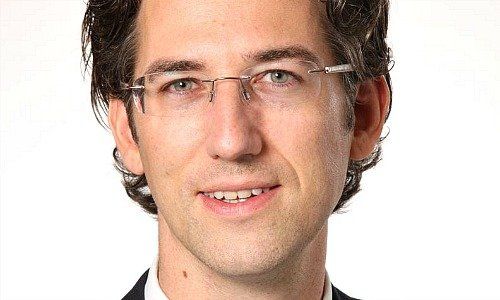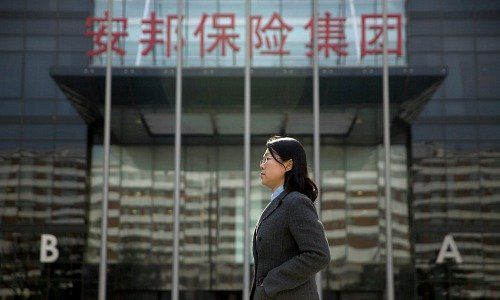Chinese Conglomerates in Distress
The authorities are investigating non-transparent conglomerates. If the situation worsens, this could lead to a loss of confidence in the Chinese leadership, Bernd Hartmann of VP Bank writes.
In the last 10 years, the debt of Chinese companies has risen from 100 percent to 160 percent of GDP. In addition to fixed investment, the money was mainly invested in real estate. In Shanghai, prices increased by 110 percent or 10 percent per year, elsewhere sometimes significantly more. The profits were subsequently used to finance larger and larger investments.
As a result, M3 has quadrupled during this period, rising only 35 percent in Europe. Against the background of bloated balance sheets and money, the risk of devaluation of the renminbi increases. For years, therefore, Chinese people have been bringing their capital abroad.
This mostly happens with cryptocurrencies or with Alipay, the Chinese equivalent of Paypal. Wealthy Chinese, however, seem to have found another way to circumvent capital controls. Non-transparent conglomerates are in debt abroad and pledge as security accounts in China, Bernd Hartmann (pictured below), Head Investment Research at Liechtenstein's VP Bank, writes. In this way they obtain foreign exchange.
Signs Are on Storm

The authorities are currently investigating non-transparent conglomerates. The conglomerates Anbang, Fosun and Dalian Wanda were taken on a short leash. Last June, Wu Xiaohui, the CEO of Chinese insurance giant Anbang was arrested and charged last week with «fraud and embezzlement», the Chinese Authorities said.
Sale of Foreign Assets
Beijing is now demanding a sale of foreign assets. Noteworthy among them is the New York Hotel Waldorf Astoria, which was bought in 2016 for the record price of just under $2 billion. The U.S. hotel chain Hilton holds a one-hundred-year contract to operate the hotel.
The largest shareholder of Hilton is again the Chinese conglomerate HNA Group. The group operates mainly in the aviation and tourism sectors. With global acquisitions of $40 to $50 billion since 2015, the company now is present in more than 100 countries.
Liquidity Shortage
In addition, they also hold shares worth $30 billion among others 8.8 percent of Deutsche Bank. The former German Vice Chancellor and former FDP Chairman Philipp Rösler has recently headed a holding company of the Group from New York and Zurich. In Switzerland, Swissport (2.7 billion Swiss francs takeover price), Gategroup, Dufry (20 perecent stake) and SR-Technics are part of the Group.
It has now turned out that the investments do not generate enough income to pay interest on the immense debt of $75 to $100 billion. In November 2017, Standard & Poors (S&P) lowered its rating as well as twice in February. Now HNA has the water up to the neck. Bond yields have doubled and are now in the double-digit range. A recently acquired property in Hong Kong has already been sold for $2 billion.
Emergency Loan
Last week, more than $16 billion of emergency sales were announced in the first half of the year. The state-controlled Citic Bank has announced an emergency loan of $3.2 billion, but the situation is not over. According to newswire «Bloomberg», $10 billion in debt is due this quarter alone.
In contrast to the collapse of real estate developer Kaisa Group three years ago, the political ties with Beijing at HNA are beneficial. In the future, acquisitions abroad will probably be increasingly strategic in nature. In addition to the distressed sales, an initial public offering should follow in the Swiss holdings.
Situation Could Get Worse
However, if the market environment worsens, the situation would get worse again. This could lead to a loss of confidence in the Chinese leadership, which had already affected the global financial markets two years ago.



























